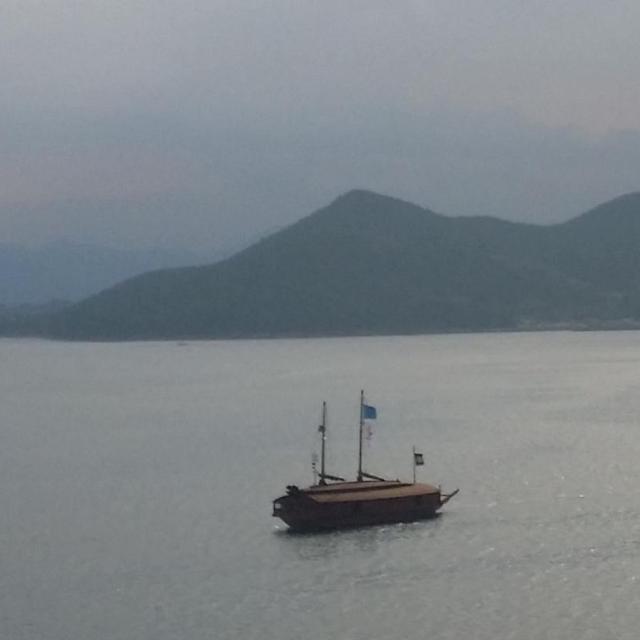These days we have some laureates who perform in just as many competitions as they can do. They are kind of “competition tourists”, and they are often very good players, but they usually don´t reach the top. Somehow, they never give up. On the other hand, there are also players who stop: once they have won a major competition, it is not so easy to take on another one. In fact it can be a huge challenge because expectations are very high and you might risk your whole reputation if yo don´t succeed. Considering this, it´s quite amazing that you did Tchaikovsky, then, two years later, Brussels, and after that, Indianapolis.
You have to remember that in those years we had far fewer competitions than we have today. The big ones, sure, they were there, but nowadays there simply are a lot more competitions around.
I think there is a danger when you do too many competitions. You repeat the same repertoire over and over, and you develop a certain routine that is not healthy. For me, the most important thing in a competition is the preparation. The progress you make in preparing new things, expanding your repertoire. Results are important of course, but expanding your horizon and becoming a better instrumentalist, a better musician, is crucial. The chance to learn a lot of new repertoire is equally essential.
Could you not argue the opposite way as well? Performing the same repertoire, knowing how you can play better and present yourself better? In a stressful situation like a competition, would you not feel more secure if you play something you know already?
Yes of course. But I am not telling you to change your entire reperoire. If you do two competitions a year, for me that would be already quite a lot. As a jury member, I have experienced people playing the same Bach or Paganini Caprice four, five years in a row. And by doing this you not only risk loosing a certain critical edge, you also loose the opportunity to learn and perform new repertoire.
Do you think the value of competitions has changed over the years? If you look at the large numbers of competitors today, what can a competition still do for their career?
There are always new and emerging talents, some who move on to a long career, and others who are just spectacular at first, but then disappear. And every now and then, a musician comes who really has a lot to say, even at a young age, and who will establish him- or herself as a very mature artist over the years. Competitions are very good in that we can discover such talents. Look at the major performers today: most of them went to competitions and used them as a springboard for their career to take off.
On the other hand, there is a completely new dimension for competitions today, and that is the media presence you get from being presented in live streams and sns. Whether you look at this positively or not, it´s part of our reality today.
And for students having spent a year, or several years at a University without having a lot of performance opportunities outside of school, a competition is a really great chance to go and to see how you feel on stage, and how well you can do in a competitive situation.
In our profession, we always get judged. Every time you go on stage, some people will like you, and some people won´t like you. But you have to be able to go, perform, and feel comfortable about going on stage and telling a story. So competitions are always good if you look at them as a concert opportunity.
This means you tell your students to go and apply for competitions?
No, I don't. I don't tell them they “have to do” a competition. They know much better than me what competitions there are, when they are coming up, and what they need in terms of repertoire. But playing at a competition is their choice.
For me, if there is enough time to prepare, and if the repertoire makes sense for them, I will certainly encourage them. But if they would have to learn six, seven pieces in a few months, it´s an absolute no go.
How do you feel about your students applying, if you are on a jury yourself?
This is a tricky question. Of course, as a jury member, if your students take part, you can never completely dispel all doubts about fairness, no matter how hard you try. If your students play well and win, there will always be someone asking “why?”… and this thought will always remain in my head. But on the other hand, if someone wants to come to a competition, and they are good- I cannot stop them from taking part. The truth is that in all the competitions where I have been and where I had students, the policy was not to vote on your students, so I feel good about that. In any case, if someone is on a jury and cannot be totally objective- that means listening to your own students as if they were not your students- and vote accordingly, then maybe it´s not a good idea to sit on that jury.
I have been on many juries over the years, and I know how much work goes into the preparation of a competition. So I have a lot of respect for the young musicians.







